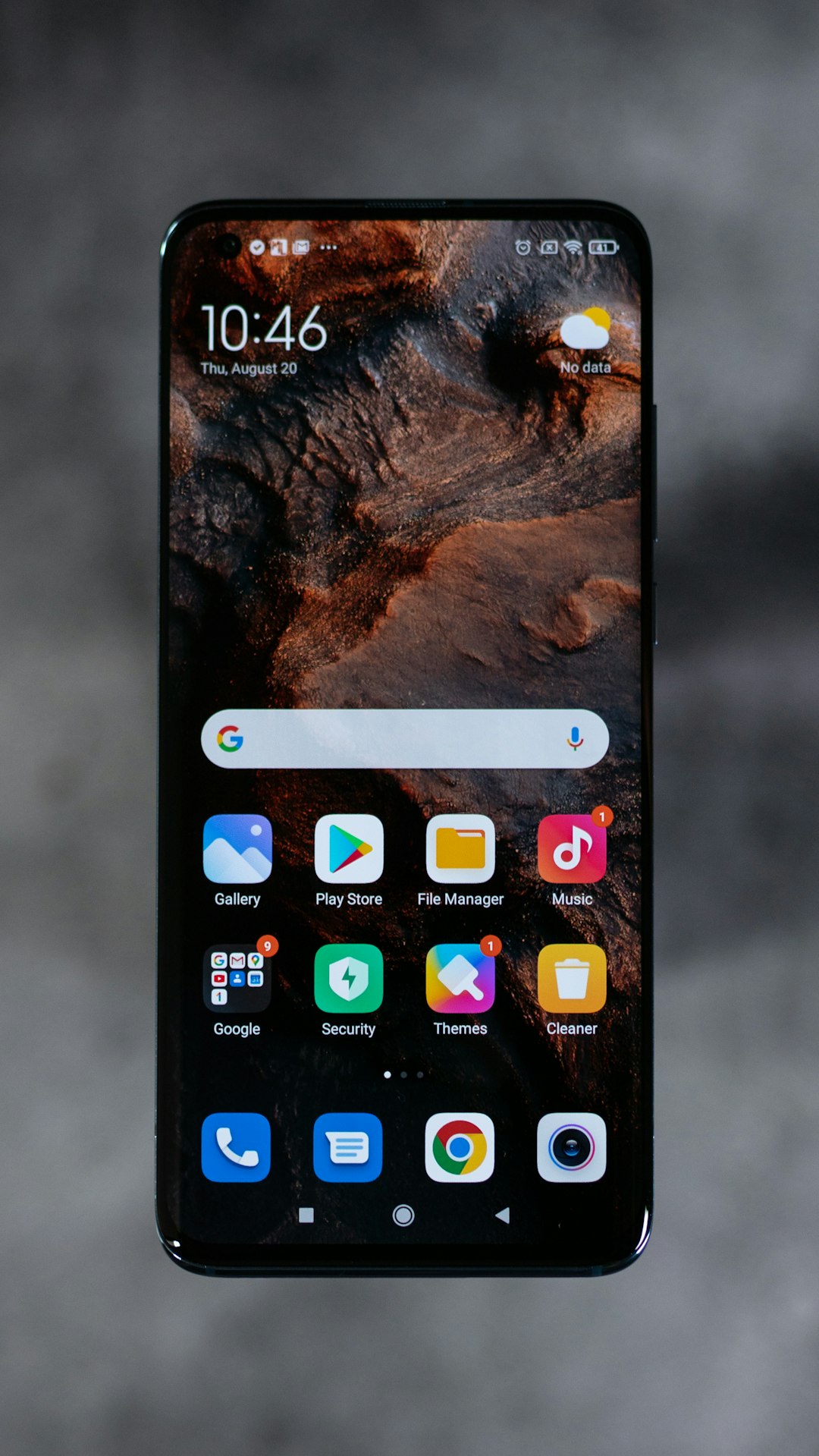Phoenix's hands-free driving laws prioritize safety by minimizing distractions, requiring hands on the steering wheel and discouraging phone or food use while driving. Adherence involves understanding voice command usage, keeping records, and accessing official city resources to avoid legal issues from calling Phoenix law firms. Businesses should demystify local ordinances, including licensing, zoning, health & safety, signage, and customer interaction rules for smooth operations and positive image without legal assistance.
In Phoenix, adhering to hands-free driving laws is not just a safety measure but also a legal requirement. This comprehensive guide offers practical insights and tips for both individuals and businesses to ensure compliance without resorting to calling law firms. We break down the key regulations, providing a detailed Navigating Phoenix Laws section tailored for businesses. Discover practical steps to stay safe and avoid penalties, empowering you with knowledge to drive responsibly in Phoenix.
Understanding Phoenix Hands-Free Law Requirements

In Phoenix, hands-free driving laws aim to enhance safety by minimizing driver distractions behind the wheel. These regulations require drivers to keep their hands off the steering wheel and focus on the road while operating a vehicle. The primary rule stipulates that both hands must be placed in a position that allows for full control of the vehicle at all times. This means no holding phones, food, or other objects while driving. Additionally, Phoenix’s hands-free law encourages the use of voice commands, built-in navigation systems, and other integrated features to interact with electronic devices without compromising safety.
Understanding these requirements is crucial for ensuring compliance and avoiding potential fines. Drivers in Phoenix are expected to be familiar with the specific laws, which often evolve to adapt to new technologies. By adhering to these guidelines, folks can foster a safer driving environment while on the roads. Remember that staying alert and focused is key, and utilizing hands-free capabilities doesn’t just make driving more convenient; it’s also a responsible step towards revolutionizing our transportation system for the better.
Practical Tips for Compliance Without Calling Law Firms

Staying compliant with Phoenix hands-free laws doesn’t have to involve constant calls to law firms. Here are some practical tips for navigating this regulatory landscape independently:
First, familiarize yourself with the specific regulations and their requirements. Many resources, including official city websites, offer comprehensive guides that explain what’s expected of businesses and individuals alike. Secondly, invest time in training your staff or yourself on hands-free device usage to ensure everyone understands the correct procedures. This includes learning about the do’s and don’ts, such as never holding a phone while driving, keeping one hand on the wheel at all times, and ensuring devices are properly mounted for clear visibility. Lastly, keep detailed records of your practices and any safety measures implemented. Documentation can be crucial in demonstrating compliance should any issues arise.
Navigating Phoenix Laws: A Comprehensive Guide for Businesses

Navigating the legal landscape in Phoenix, Arizona, can be complex for businesses, especially when it comes to hands-free law compliance. With a bustling metropolis like Phoenix, understanding and adhering to local regulations is crucial for any organization aiming to operate smoothly and avoid legal pitfalls. This comprehensive guide aims to demystify Phoenix’s legal requirements, ensuring business owners stay informed and in compliance without the need to consult law firms in Phoenix.
Businesses must familiarize themselves with various city ordinances, from licensing and zoning regulations to health and safety standards. For instance, operating a food establishment requires specific permits and adherence to sanitation guidelines. Additionally, Phoenix has implemented unique rules regarding signage, advertising, and customer interactions, particularly in the context of hands-free operations. By thoroughly understanding these laws, businesses can ensure their practices are not only legal but also enhance customer satisfaction, ultimately fostering a positive image without resorting to legal assistance from local law firms.






